Philadelphia Plaza Pushes Tolerance
Campus Apartments CEO David Adelman leads $7 million fundraising effort for Holocaust Memorial.
By Leah Etling
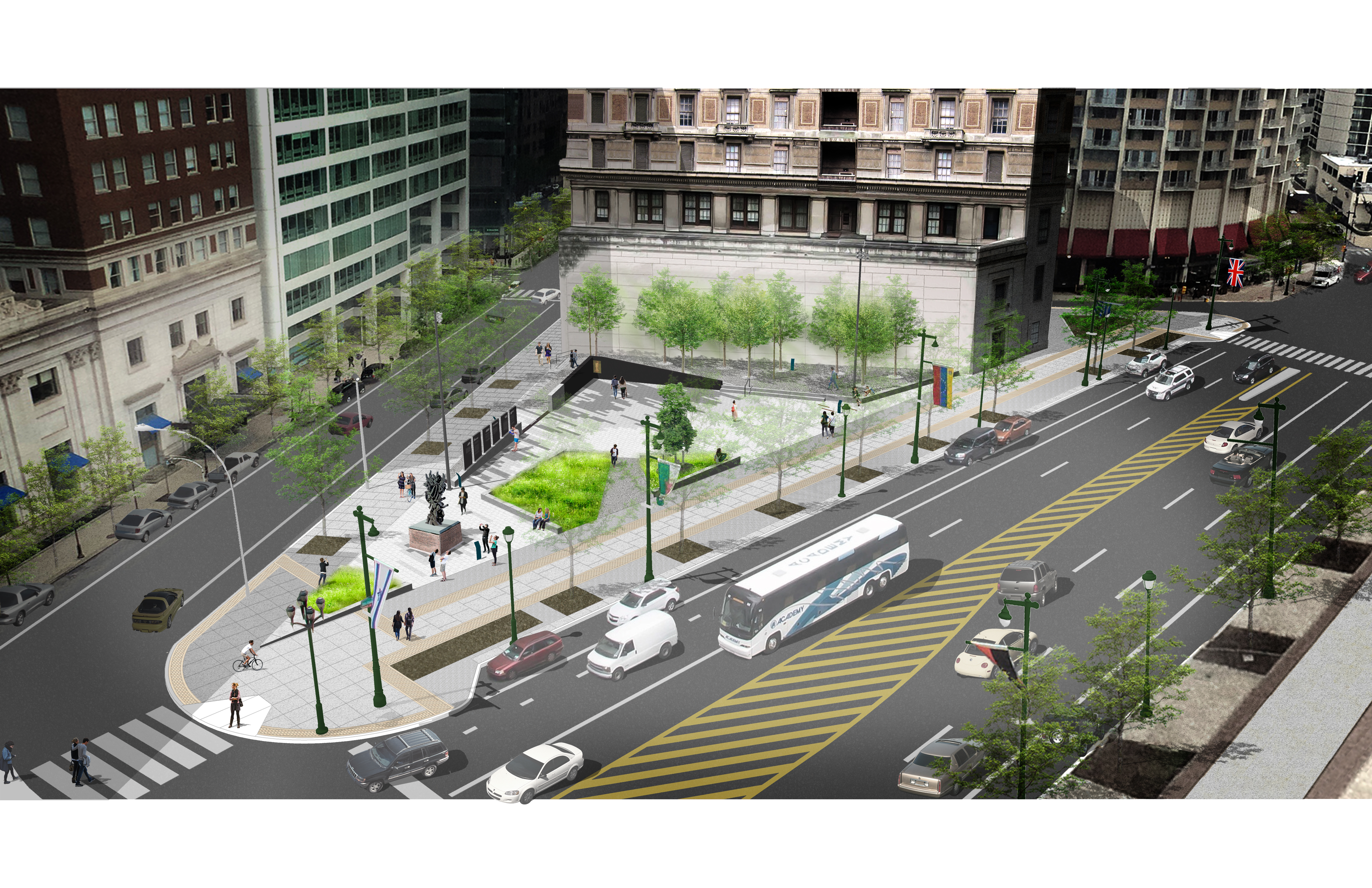 A planned $7 million renovation of a triangle of land at the intersection of Ben Franklin Parkway and North 16th Street in Philadelphia will enhance an existing Holocaust memorial and offer an expanded space that celebrates tolerance.
A planned $7 million renovation of a triangle of land at the intersection of Ben Franklin Parkway and North 16th Street in Philadelphia will enhance an existing Holocaust memorial and offer an expanded space that celebrates tolerance.
The project, which has been in the works for more than 10 years, is an effort of the Philadelphia Holocaust Remembrance Foundation (PHRF), a non-profit whose mission is to educate people about the atrocities of the past, while working toward a future of tolerance and enlightenment. The expanded plaza will encompass the existing Six Million Jewish Martyrs statue, which has been located on the site since 1964.
Campus Apartments CEO David Adelman, a Philadelphia native, is leading the $7 million fundraising effort for the project as the current chairman of the PHRF’s board of directors. For Adelman, as well as many other board members, memorializing the atrocities that occurred during World War II in German concentration camps is a personal cause.
“My maternal grandfather, Sam Wasserman, was a prisoner in the Sobibór extermination camp,” Adelman explained. “He escaped and fought in the Resistance in West Germany, where he was wounded.”
Among the most horrific of the Nazi death camps, only around 600 Jews taken to Sobibór were subjected to forced labor. More than 200,000 people, including Wasserman’s first wife and children, were killed on arrival after being forced from their homes. Some estimates put the Sobibór death toll as high as 350,000–exact numbers are lost to history.
“My involvement with this is to really honor my grandfather and make sure my kids and someday their kids understand what people before us sacrificed and went through,” Adelman said in a recent interview. His grandfather, who met his second wife while hospitalized for his war injuries, immigrated to the United States after the war ended and became a carpenter.
But while many of the PHRF board members lost family members to the Holocaust, Adelman fundamentally sees the plaza project as neither faith or race based.
“For us this is really a non-denominational project. I don’t view it as a Jewish project. I view it as a tolerance, remembrance and contemplation project. We are hoping it really transcends religion, race and gender,” he said.
Drawing inspiration directly from the experience of those imprisoned, WRT Design of Philadelphia has created a space that they hope will encourage pedestrians to sit, remember and think.
The quarter-acre plaza will include six granite pillars—signifying the estimated 6 million lives lost—each engraved with an aspect of the Holocaust. The pillars juxtapose elements of the value sets that defined World War II with American themes, such as “Human Equality” vs. “The Master Race” and “Freedom of Religion” vs. “Religious Persecution.”
Train tracks embedded into the pavement will commemorate the journeys that many of those who lost their lives took to reach the camps. A sycamore tree descended from the original Terezin children’s “Tree of Life,” which was cared for by hundreds of children who were eventually killed, will grow in the plaza. There will be an eternal flame and a wall of remembrance.
The Six Million Jewish Martyrs statue was one of the first public Holocaust memorials in the United States when it was built in Philadelphia in 1964. With millions of tourists visiting Philadelphia each year to see its museums and historic sites, Adelman hopes that the city’s legacy of education and remembrance will influence many. A technology component of the project will share the significance of each aspect of the plaza via smartphone app.
“It will be an interactive experience, to understand the history of the Holocaust. The app will include testimonials and stories from survivors so we can best educate people, in multiple languages,” Adelman said. A donation to support the technology component is among the donor opportunities still available.
Construction will not begin until fundraising is complete, Adelman said, but the hope is to break ground by early 2018. To date, about half of the $7 million cost has been raised. For more information, visit thephrf.org.

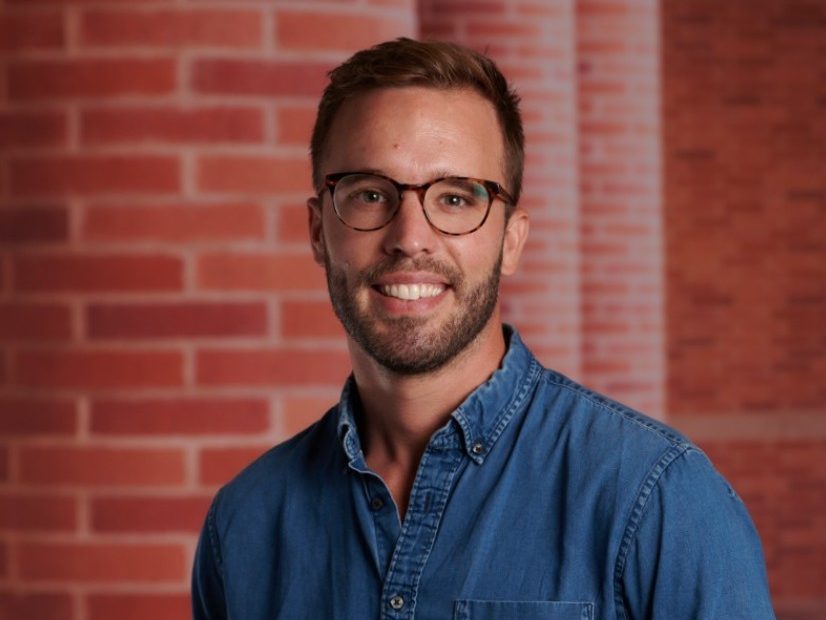
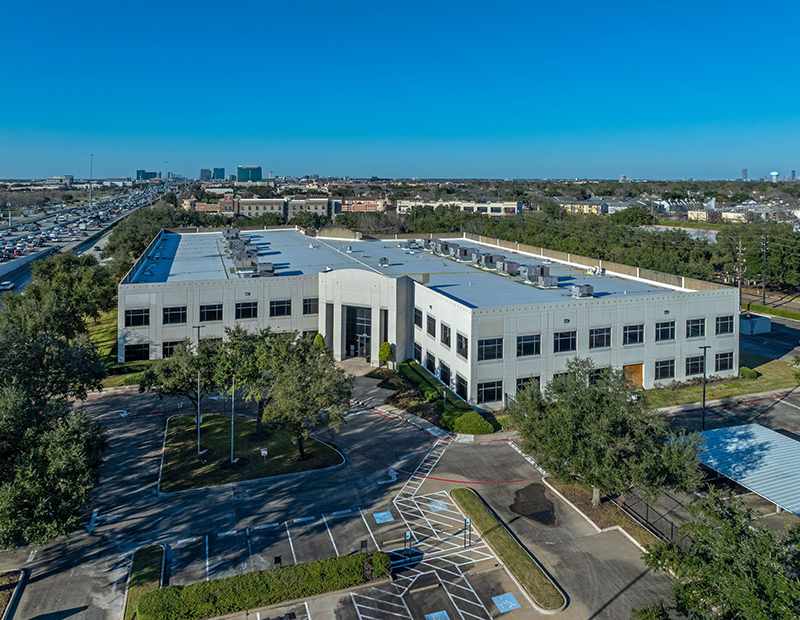
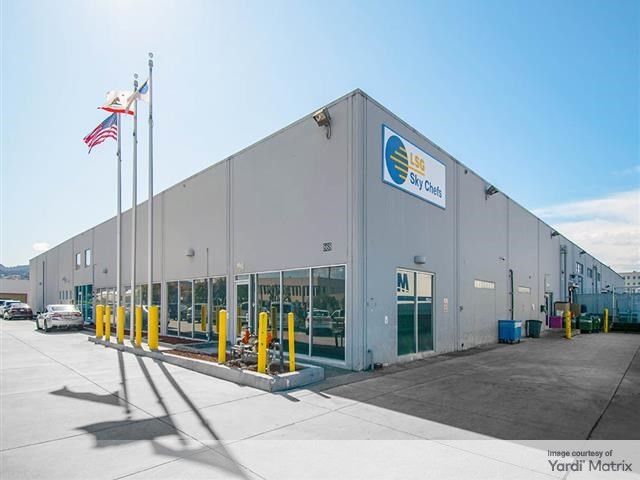
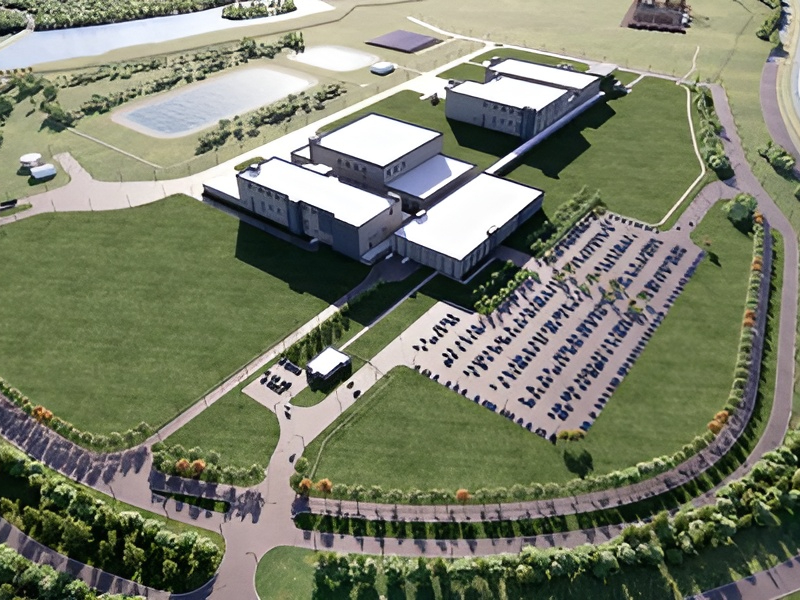
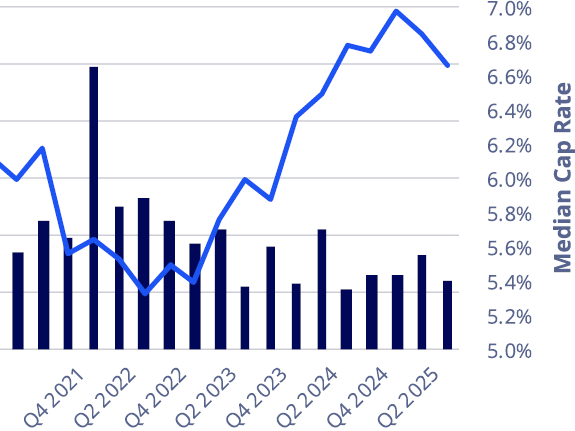
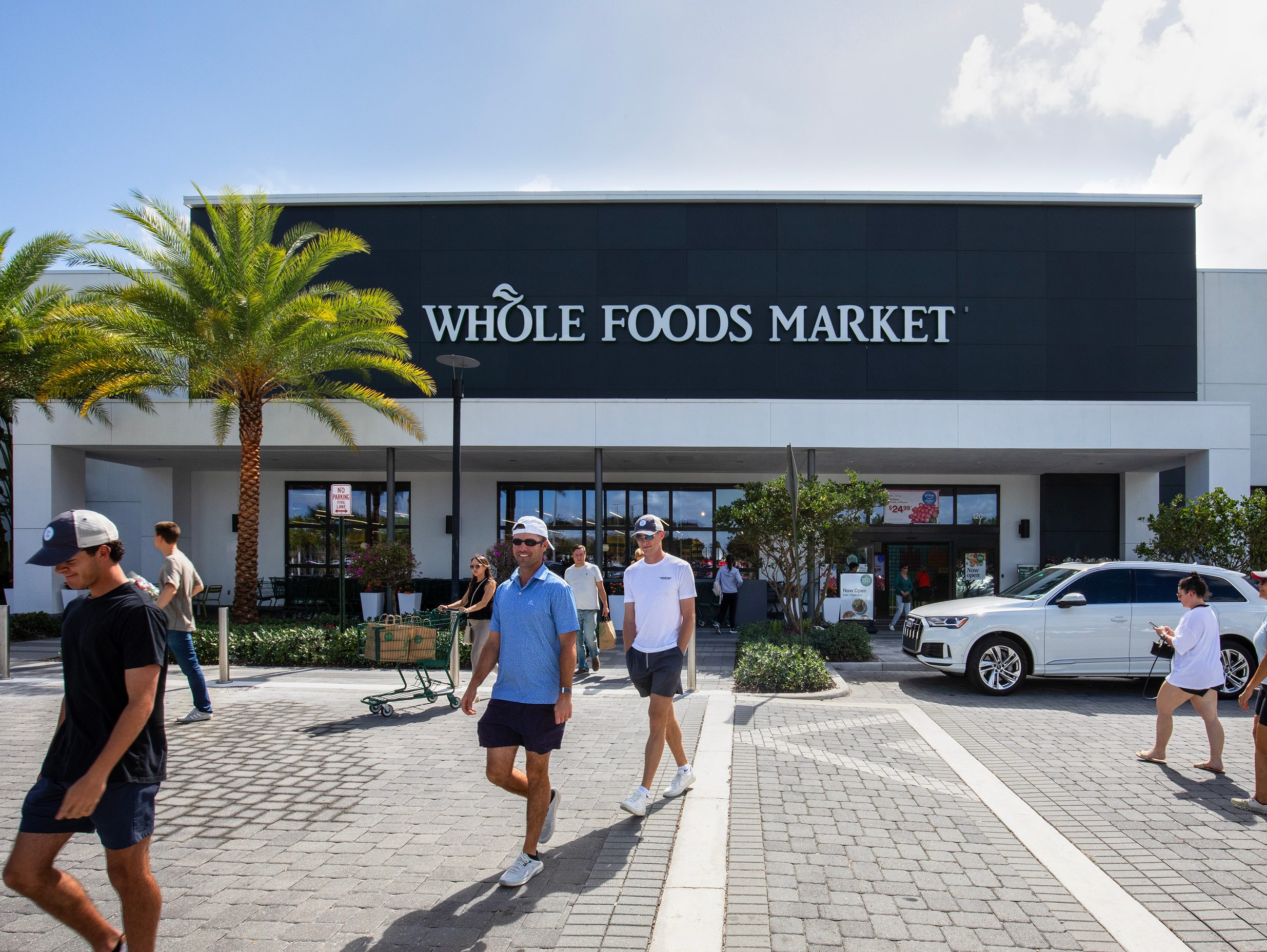
You must be logged in to post a comment.